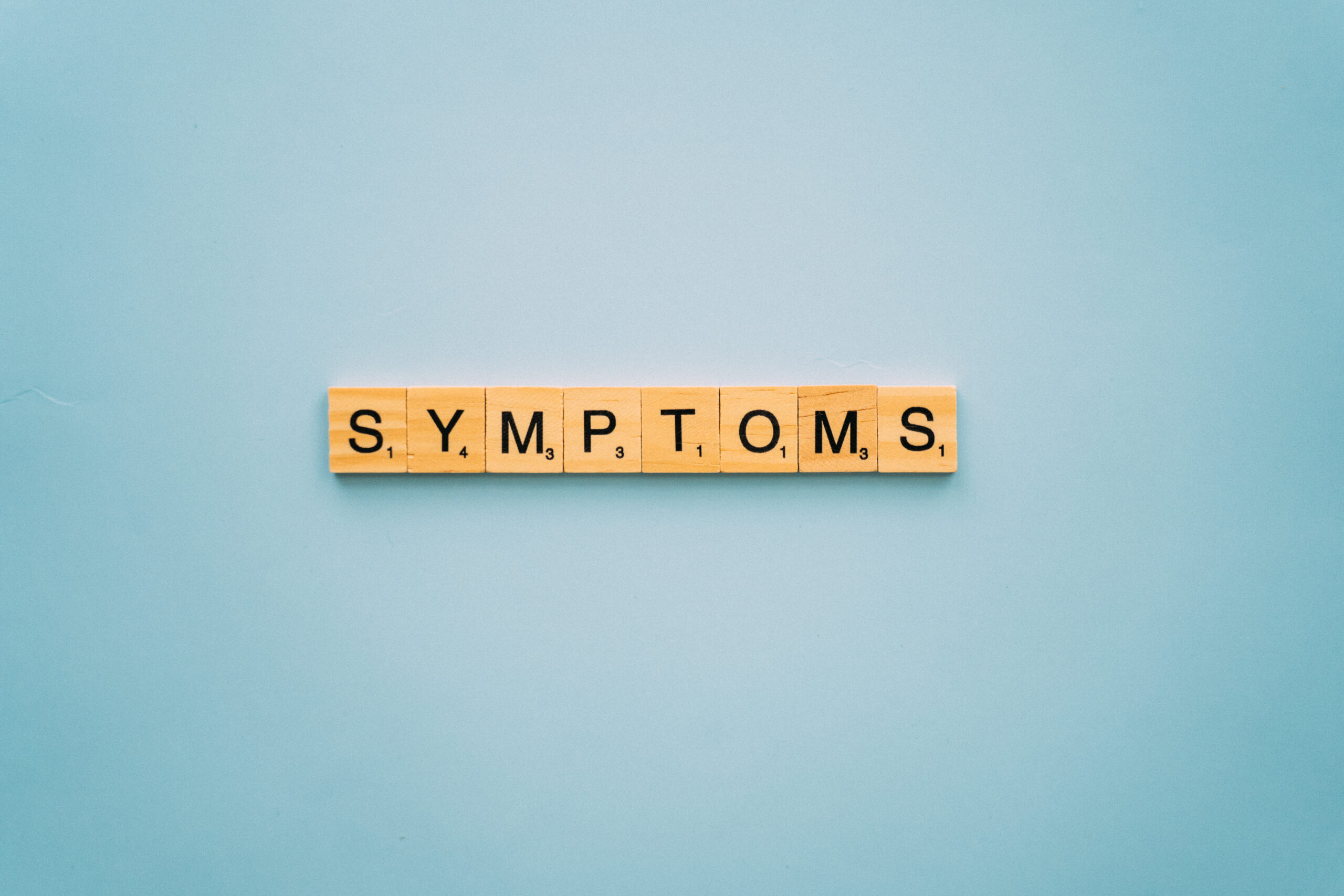What are the symptoms of tinnitus?
Title: Unraveling the Mystery of Tinnitus: Unveiling the Symptoms
Introduction:
Have you ever experienced a ringing, buzzing, or hissing sound in your ears that no one else around you seems to hear? If so, you may be encountering a condition called tinnitus. Tinnitus is not a disease in itself, but rather a symptom of an underlying issue. In this article, we will delve into the world of tinnitus and explore its various symptoms. Let’s unravel this mystery together!
1. Ringing, Buzzing, or Hissing Sounds:
The most common and recognizable symptom of tinnitus is the perception of sound that is not present in the external environment. This internal noise can vary in intensity and character, ranging from a high-pitched ringing to a low buzzing or hissing sound. For some individuals, tinnitus may come and go, while for others it can be constant.
2. Ear Discomfort:
Tinnitus can often be accompanied by sensations of discomfort or pressure in the ears. Some people may feel a fullness or blocked sensation, similar to what you might experience during changes in altitude such as flying or diving. These sensations might be present on one or both sides.
3. Hearing Loss:
In some cases, tinnitus can be associated with hearing loss. People with age-related hearing loss or noise-induced hearing loss are more likely to experience tinnitus. The connection between hearing loss and tinnitus is not fully understood, but it is believed that the brain tries to compensate for the lack of auditory input by generating its own sound, resulting in tinnitus.
4. Sleep Disturbances:
Tinnitus can significantly impact sleep quality, making it difficult for individuals to fall asleep or stay asleep. The constant noise in the ears can disrupt the natural sleep cycle, leading to fatigue and daytime drowsiness. This lack of quality sleep can have a significant impact on overall well-being and daily functioning.
5. Emotional and Psychological Effects:
Living with tinnitus can be emotionally challenging. The constant presence of internal noise can cause feelings of frustration, anxiety, irritability, and even depression. Concentrating on tasks and engaging in conversations becomes more difficult, leading to decreased productivity and social isolation.
6. Impact on Quality of Life:
The symptoms of tinnitus, when severe and persistent, can significantly impact an individual’s quality of life. Relationships may suffer due to communication difficulties, and the ability to enjoy everyday activities can be dampened. In some cases, tinnitus can interfere with work, hobbies, and overall emotional well-being.
Conclusion:
Tinnitus is a complex condition with a wide array of symptoms that can vary from person to person. While it is not a life-threatening condition, its impact on daily life cannot be underestimated. If you or someone you know is experiencing tinnitus symptoms, it is important to seek medical advice. Remember, there are solutions and coping mechanisms available that can help manage the impact of tinnitus and improve your overall quality of life.



